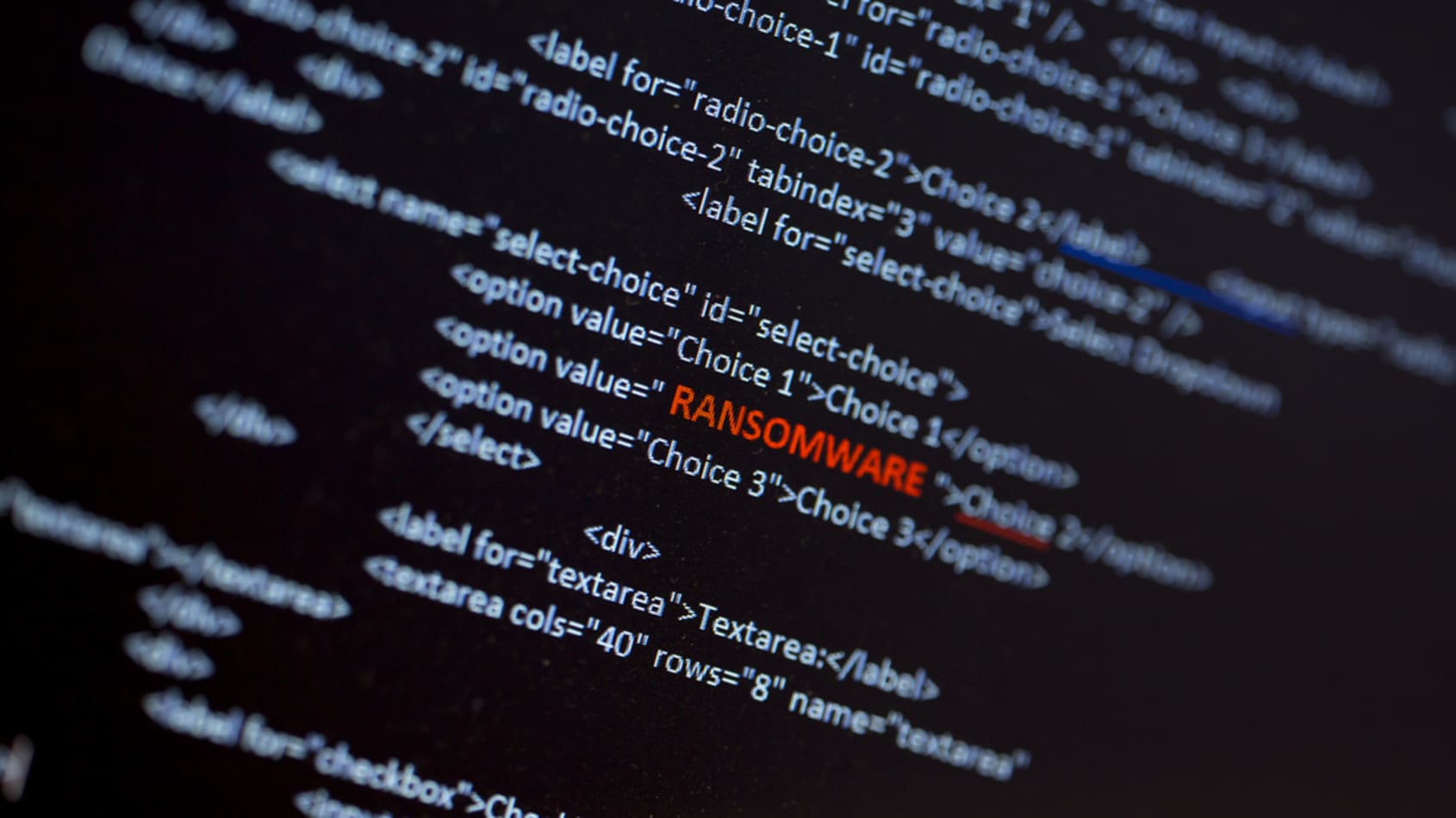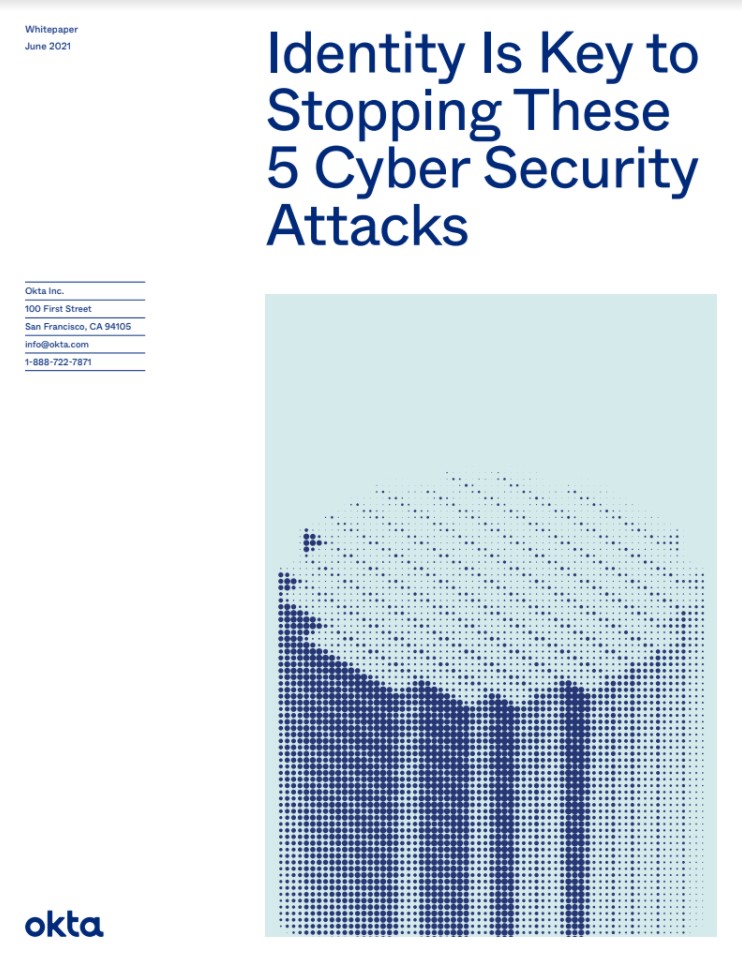QNAP NAS devices face fresh Deadbolt ransomware attack
The ransomware variant has returned to infect more than 1,000 QNAP devices


Deadbolt, a ransomware variant that attacked QNAP storage in January, is back and infecting more of the drives, researchers revealed this week.
Deadbolt is a ransomware variant first identified in January. It targets network-attached storage (NAS) devices from QNAP, which run the company's own Linux distribution called QTS.
Rather than encrypting the whole drive, Deadbolt concentrates on encrypting backup drives and then hacks the device's web interface to deliver a ransomware message.
Infections peaked on January 26, according to cyber security company Censys, affecting almost 5,000 of the 130,000 QNAP devices in use. QNAP force updated its firmware in January to stop the infections.
This update reportedly caused side effects including broken iSCSI connections. It also removed the hacked interface, which stopped hacked users who had paid the ransom from decrypting the files. However, Censys said that it reduced the number of infected devices at the time to under 300.
The ransomware resurged on QNAP devices this month. Censys saw new infections beginning on March 16, when the number of infected devices stood at 373. Within three days, the number of infected devices had grown to 1,146.
While the attackers are using a different Bitcoin address for the latest ransom demand, the rest of the attack remains the same, Censys said. They are demanding 0.03 bitcoins (currently worth around $1,280).
Sign up today and you will receive a free copy of our Future Focus 2025 report - the leading guidance on AI, cybersecurity and other IT challenges as per 700+ senior executives
RELATED RESOURCE

Identity is key to stopping these five cyber security attacks
Many attacks begin with the same weakness: user accounts
The attackers promise to deliver a decryption key in exchange for the ransom payment. They also make a separate offer to QNAP via the hacked web interface, offering it full details of the technical exploit that enabled the attack for five bitcoins ($213,300) or a master decryption key for 50 bitcoins ($2.13m).
This attack is unusual, in that aside from the hacked web interface, the attackers only communicate with the victims via bitcoin payments. They return the encryption key from a ransom payment in the OPRETURN field of a Bitcoin transaction.
QNAP drives have suffered attacks before, including infection by Dovecat crypto-mining malware and QSnatch, legacy malware which stopped administrators from applying security patches.
Danny Bradbury has been a print journalist specialising in technology since 1989 and a freelance writer since 1994. He has written for national publications on both sides of the Atlantic and has won awards for his investigative cybersecurity journalism work and his arts and culture writing.
Danny writes about many different technology issues for audiences ranging from consumers through to software developers and CIOs. He also ghostwrites articles for many C-suite business executives in the technology sector and has worked as a presenter for multiple webinars and podcasts.
-
 Everything we know so far about the Nike data breach
Everything we know so far about the Nike data breachNews Hackers behind the WorldLeaks ransomware group claim to have accessed sensitive corporate data
-
 There’s a dangerous new ransomware variant on the block – and cyber experts warn it’s flying under the radar
There’s a dangerous new ransomware variant on the block – and cyber experts warn it’s flying under the radarNews The new DeadLock ransomware family is taking off in the wild, researchers warn
-
 Hacker offering US engineering firm data online after alleged breach
Hacker offering US engineering firm data online after alleged breachNews Data relating to Tampa Electric Company, Duke Energy Florida, and American Electric Power was allegedly stolen
-
 Cybersecurity experts face 20 years in prison following ransomware campaign
Cybersecurity experts face 20 years in prison following ransomware campaignTwo men used their tech expertise to carry out ALPHV BlackCat ransomware attacks
-
 15-year-old revealed as key player in Scattered LAPSUS$ Hunters
15-year-old revealed as key player in Scattered LAPSUS$ HuntersNews 'Rey' says he's trying to leave Scattered LAPSUS$ Hunters and is prepared to cooperate with law enforcement
-
 The Scattered Lapsus$ Hunters group is targeting Zendesk customers – here’s what you need to know
The Scattered Lapsus$ Hunters group is targeting Zendesk customers – here’s what you need to knowNews The group appears to be infecting support and help-desk personnel with remote access trojans and other forms of malware
-
 Impact of Asahi cyber attack laid bare as company confirms 1.5 million customers exposed
Impact of Asahi cyber attack laid bare as company confirms 1.5 million customers exposedNews No ransom has been paid, said president and group CEO Atsushi Katsuki, and the company is restoring its systems
-
 The US, UK, and Australia just imposed sanctions on a Russian cyber crime group – 'we are exposing their dark networks and going after those responsible'
The US, UK, and Australia just imposed sanctions on a Russian cyber crime group – 'we are exposing their dark networks and going after those responsible'News Media Land offers 'bulletproof' hosting services used for ransomware and DDoS attacks around the world


